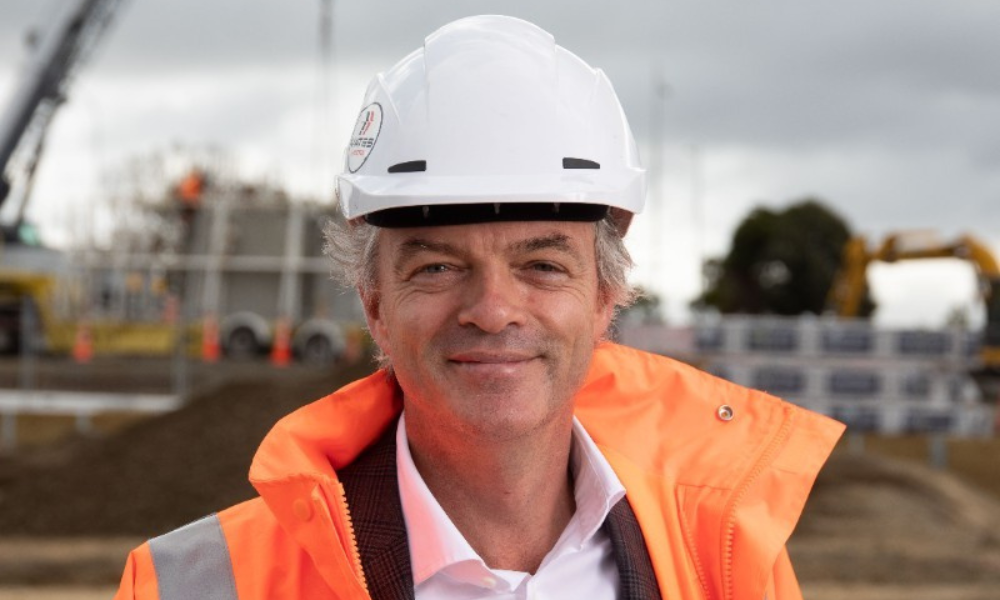Program aims to streamline urban development processes, reduce costs, and cut timelines

Kāinga Ora is spearheading a pilot initiative to reduce inefficiencies and drive cost savings in urban development projects across New Zealand.
By collaborating with public and private partners, the agency aims to create more streamlined processes that deliver faster and more affordable outcomes.
Mark Fraser (pictured above), general manager of urban development and delivery at Kāinga Ora, highlighted the challenges in the current system.
“Historically, both public and private urban development practices in New Zealand have been inefficient and expensive,” Fraser said. “Despite some progress, the collective industry hasn’t delivered significant, enduring change.”
Focus on the neighbourhood planning phase
The pilot will centre on the Ōtaki o te Wai neighbourhood within the Māngere Development. It focuses on the neighbourhood planning phase – from business case approval to preparing design documentation and agreements to streamline subsequent phases like detailed design and consenting.
Kāinga Ora’s initial research identified key bottlenecks, including unclear roles and responsibilities, inconsistent project management, and wasted resources.
“Early design work indicates this initiative could reduce the neighbourhood planning timeframe from three years to just 23 weeks. It’s a transformational opportunity,” Fraser said.
Collaborative workshops spark solutions
The pilot’s foundation was laid during solution design workshops involving 60 participants from Kāinga Ora, Auckland Council, LEAD Alliance, and utility providers like Chorus and Vector.
“These workshops brought a deeper understanding of processes, pain points, and interdependencies between agencies,” Fraser said. “The collective effort resulted in an end-to-end process map, creating a roadmap for a more efficient system.”
Future impacts and broader applications
Using public and strategically acquired land, Kāinga Ora integrates infrastructure that supports both social and private housing while safeguarding communities from future climate challenges.
“The engagement and enthusiasm from external partners have been incredibly encouraging,” Fraser said. “This initiative has the potential for significant and lasting impacts on urban development in Aotearoa.”
The pilot’s success could pave the way for nationwide adoption, transforming the way urban development is approached in New Zealand.
Prior to this move, the rental housing provider launched a building materials research programme expected to increase productivity and reduce waste in the construction industry.
Read the Kainga Ora announcement for more details.
Get the hottest and freshest mortgage news delivered right into your inbox. Subscribe now to our FREE daily newsletter.



